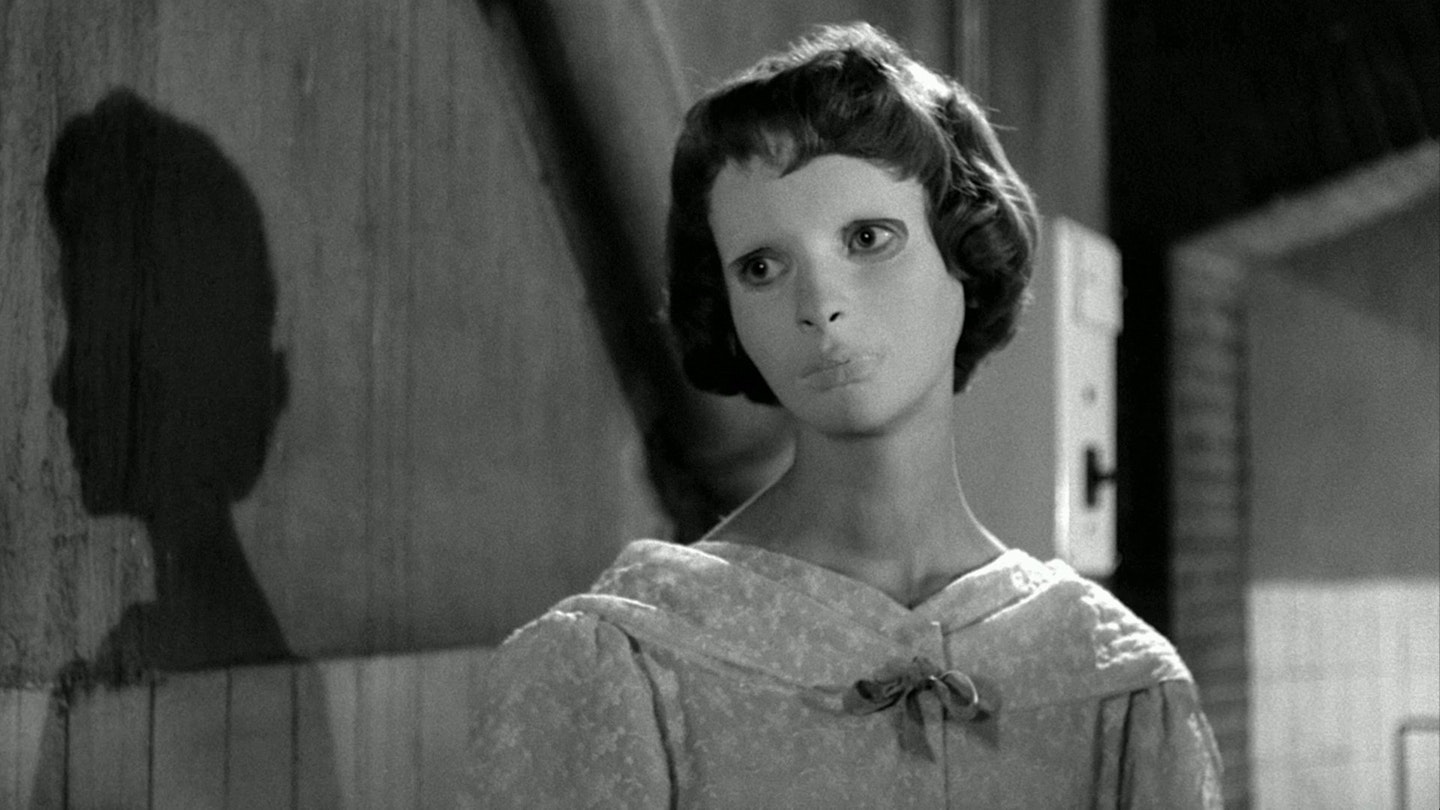European horror was in the doldrums for much of the 1950s. However, Pierre Boileau and Thomas Narcejac's novel Celle Qui N'etait Pas had inspired Henri-Georges Clouzot's chilling Les Diaboliques and they were among the writing team that Georges Franju hired for this adaptation of Jean Redon's thriller.
Yet, even though the genre had been given a fresh impetus by Hammer's The Curse of Frankenstein and Dracula, Franju was aware of the appalled critical reaction that their full-colour goriness had generated and he was left in no doubt by the producers about which terror transgressions were to be avoided - `no sacrilege because of the Spanish market, no nudes because of the Italian market, no blood because of the French market and no martyred animals because of the English market'.
Consequently, Franju set out to make an anguish film', whose horror would be supplied in homeopathic doses'. His source was hardly the most original, with its mad scientist, ravenous hounds, lunatic in the attic, slavishly loyal factotum and its inevitable round of slayings. But, thanks to veteran cinematographer Eugene Schüfftan, Franju infused its pulp plotline with a brooding lyricism that had rarely been since since the Expressionist heyday. From the opening sequence, in which the branches across the country road are picked out by the car headlights, a sinister sense descends over proceedings, as though nature was preparing itself to punish humanity for daring to tamper with its rules.
This is clearly a parable about the arrogance of science, even though Genessier and Louise are less driven to crime by egotistical evil than by their love for Christiane and a desire to alleviate her distress. Yet, the names of the surgeon and his daughter also imply a link to original sin and redemption, while it's also possible to see the film as a study of the pointlessness of existence and the futility of attempting to fight fate. If only the modern genre had retained a fraction of the intelligence of this `poetic fantasy'.
